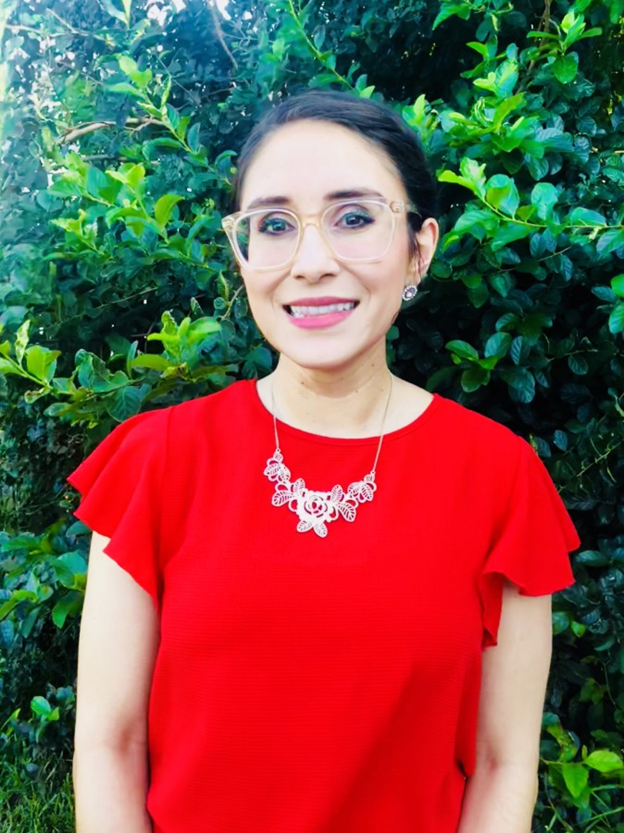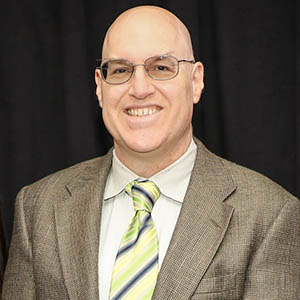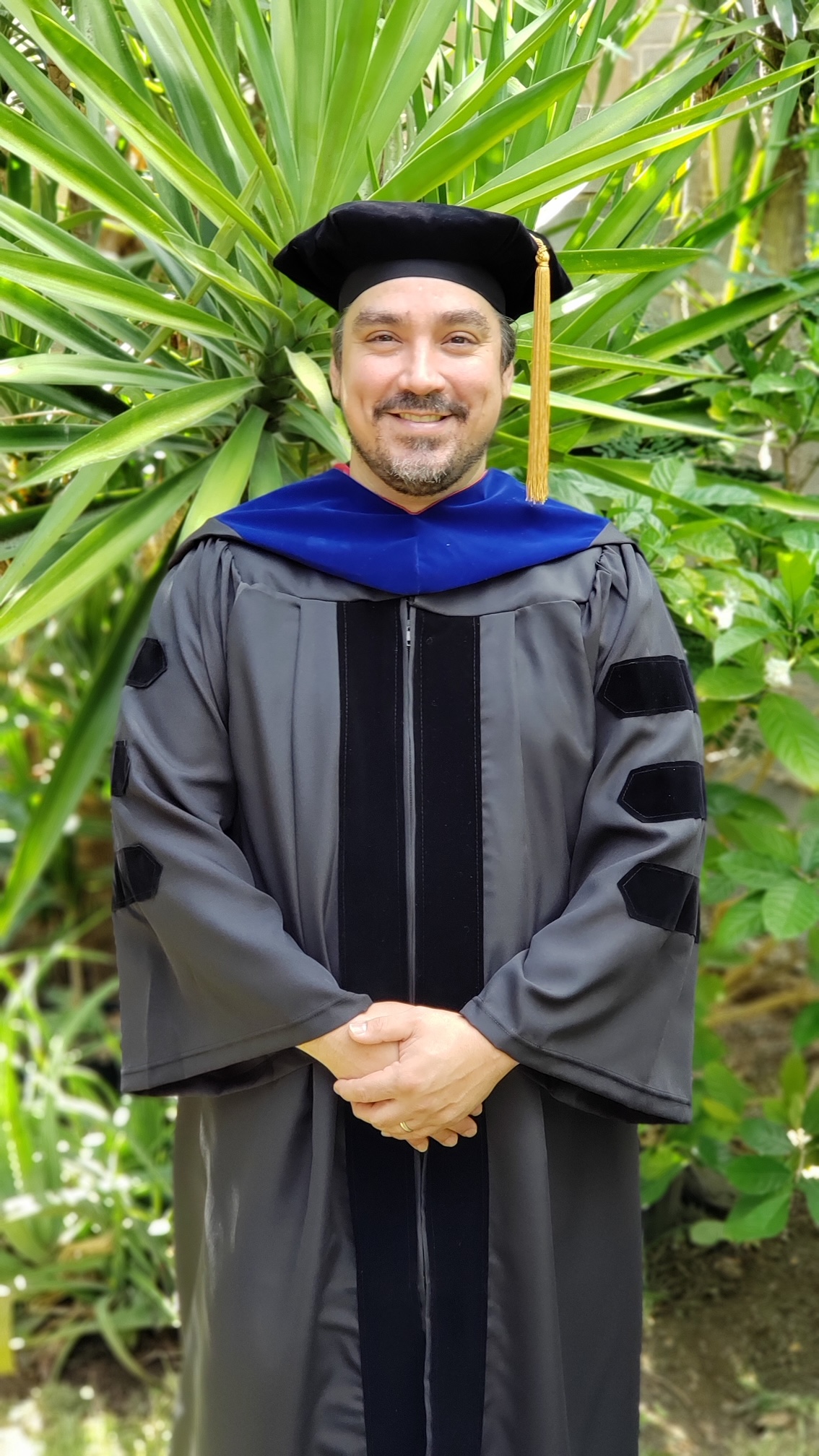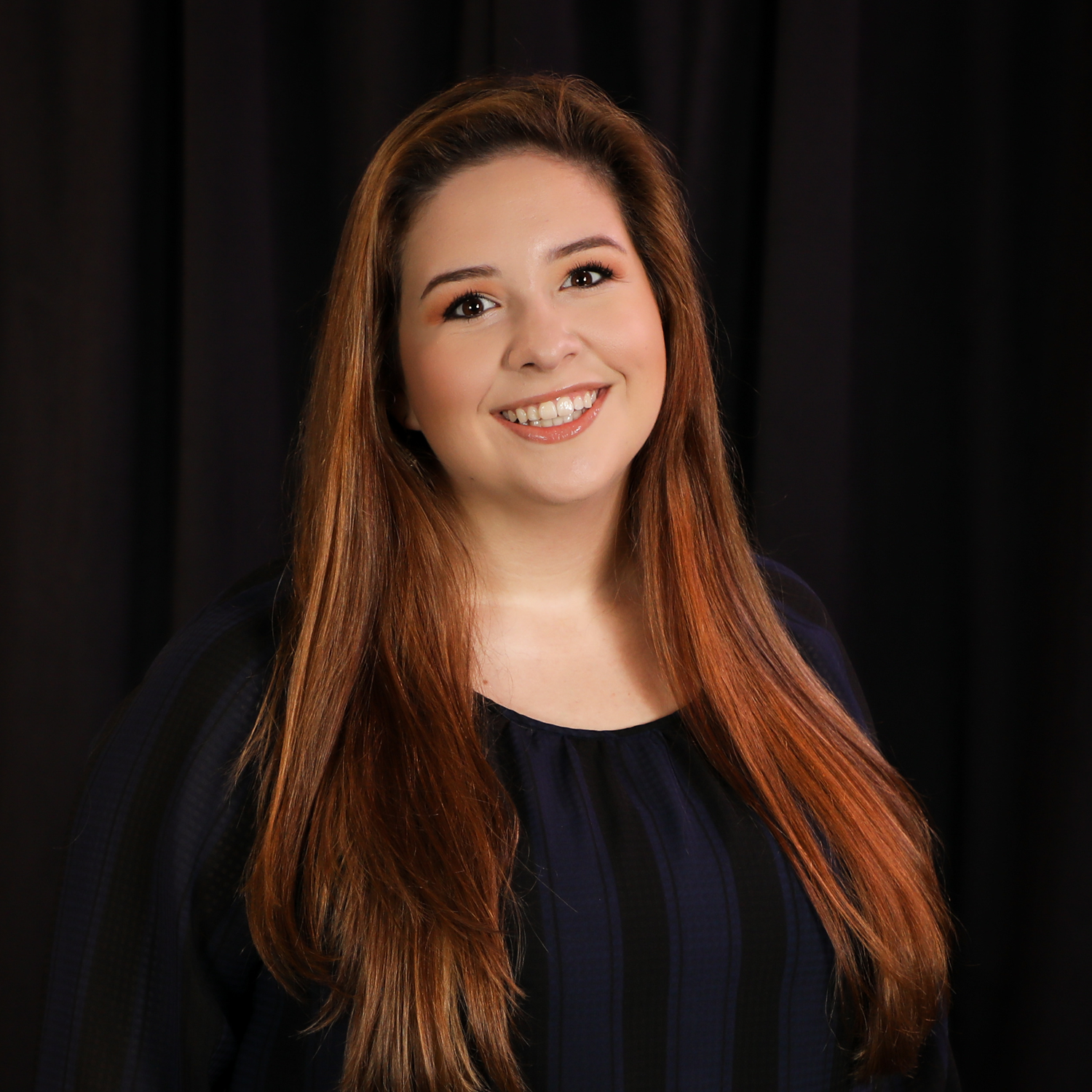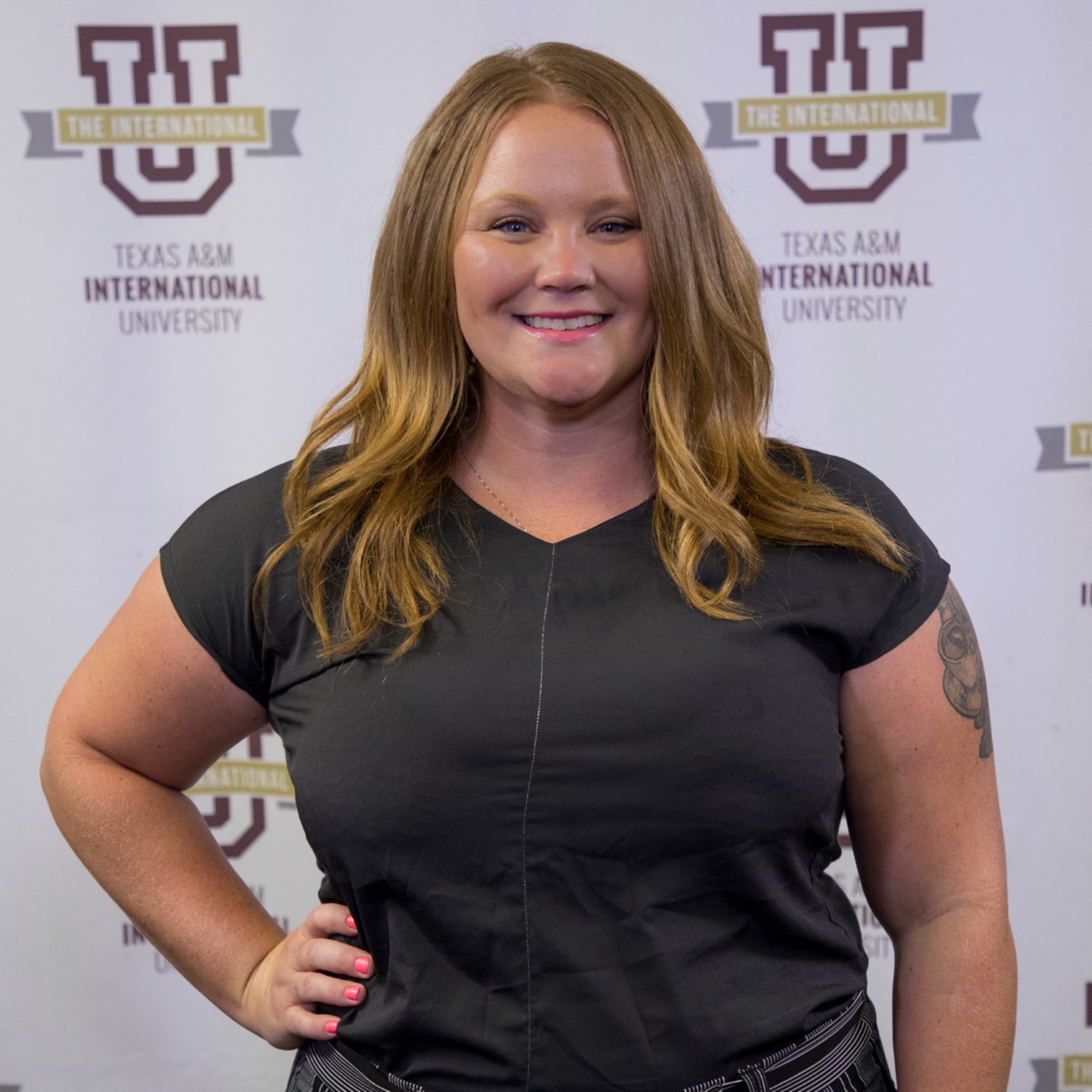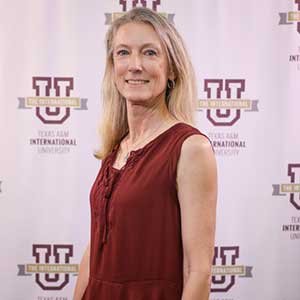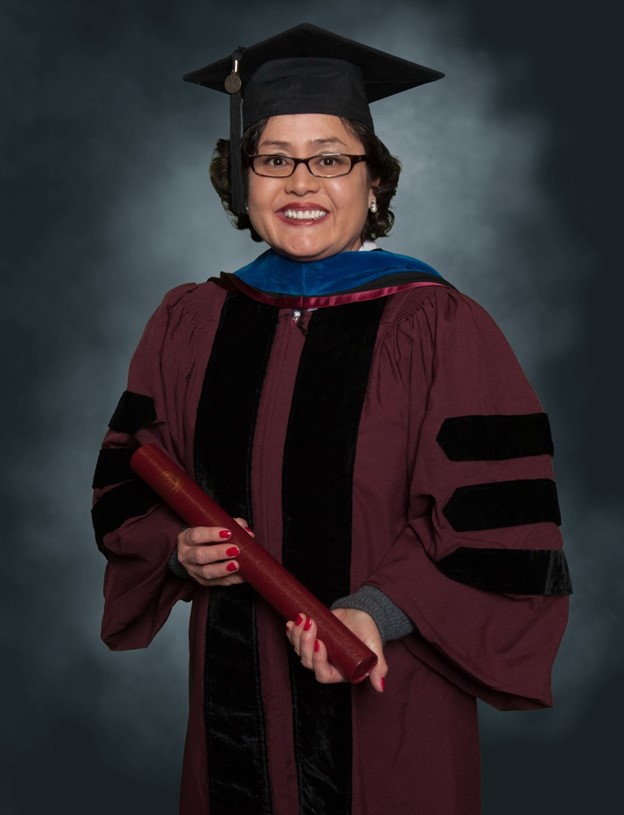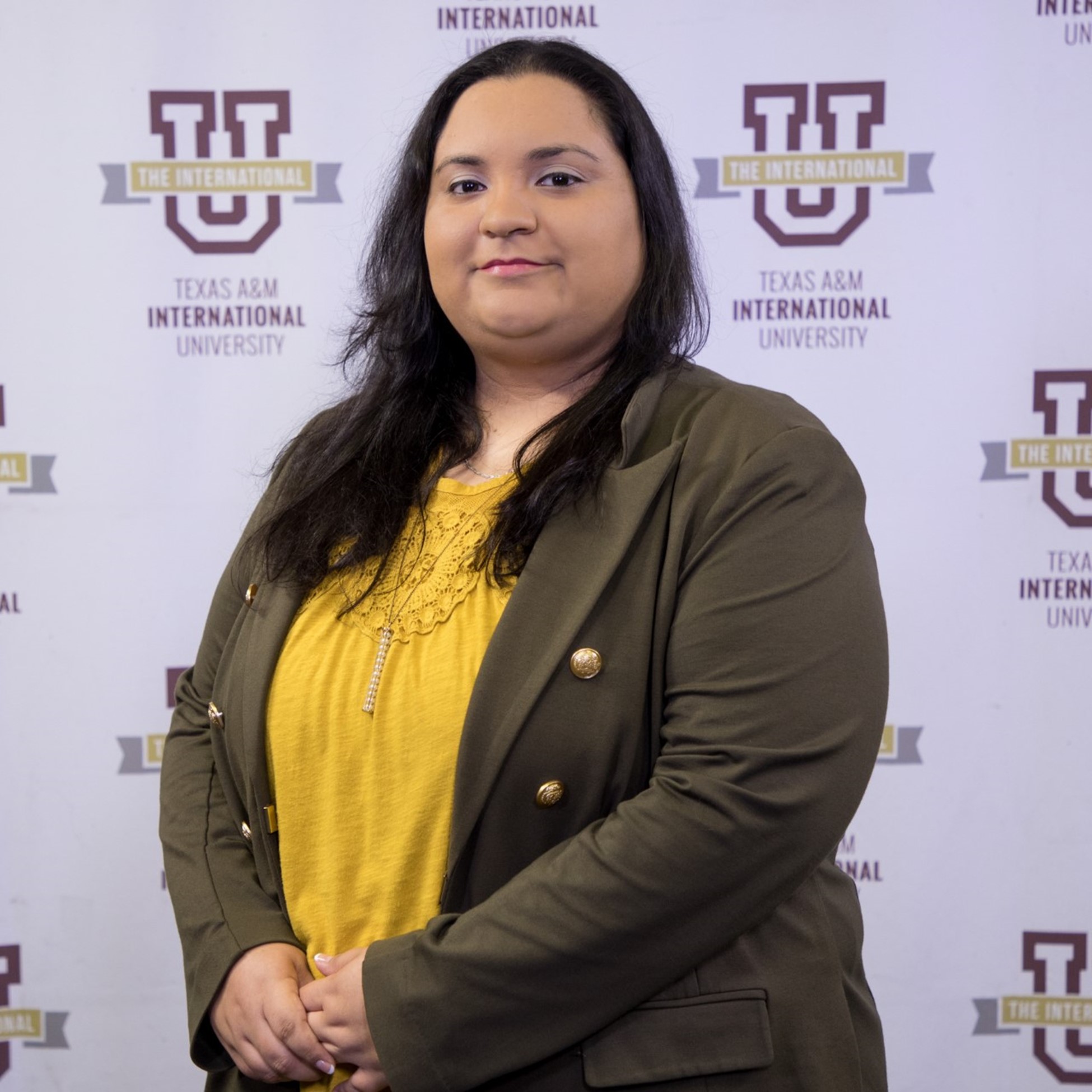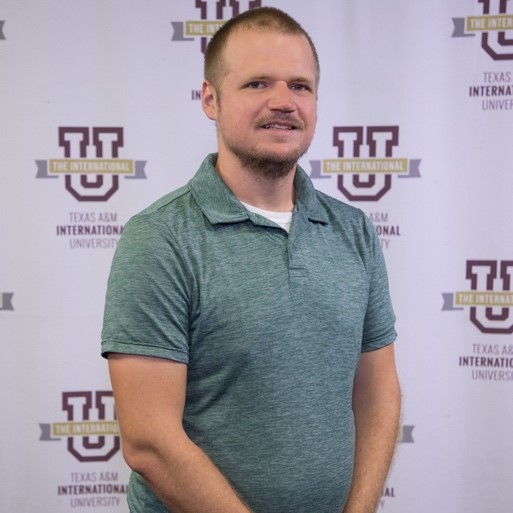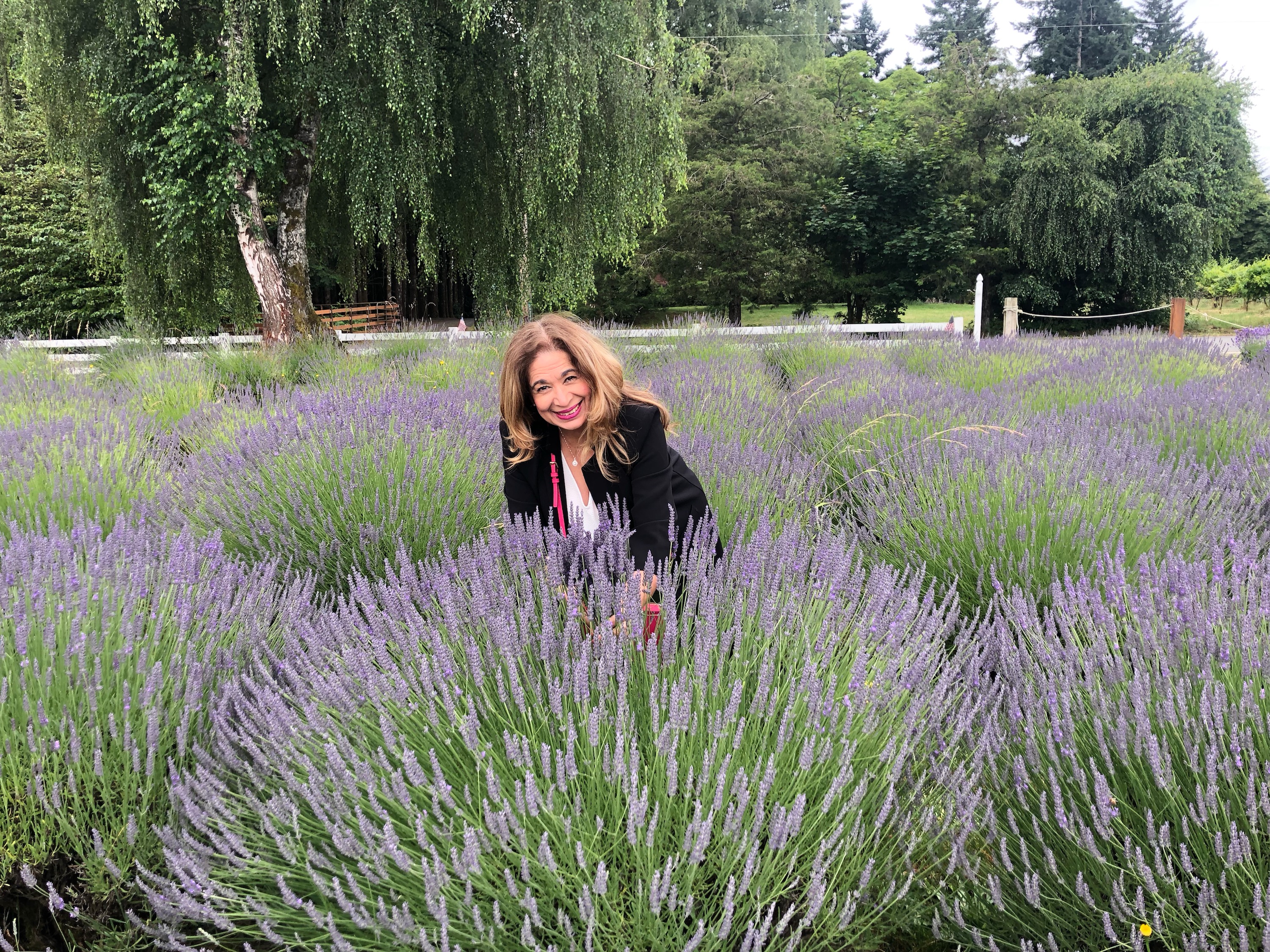My name is Amede Rubio and I am a lifelong resident of Webb County and Laredo, TX. I am unapologetically proud of my Mexican and Spanish roots, as they have both shaped my path through life as a citizen of this great state and nation. I have been blessed to have been born to first generation Mexican American parents who established their lives through hard work and an unwavering commitment to raise six children with limited resources.
My father proudly served in the United States Air Force for 25 years and survived two tours in Vietnam. Upon completion of his military service, my father worked on the flight line of our local airport servicing ground equipment until retirement. My mother held things together during war and peace time as best as she could and was/is the rock and backbone of our family. My parents always stressed the importance of education and doing well in grade school, but continuing after high school was always an afterthought.
My father finished high school and after the war he completed trade school earning an air conditioning certificate. My mother dropped out of high school at the age of 16 to give birth to her first child (my sister) and eventually earned her GED. Who could blame my parents for their view of baccalaureate degrees and beyond? They had no education legacy, and in fact they were cut from the cloth of poor hard-working immigrants. All they knew was hard work and earning your keep by the sweat of your brow, and simply put there was little time, and so much to do.
Although they never truly stressed the importance of a college education, they always stated, “mijo (Spanish to English translation - my son) whatever you decide to do, do your best at it.” This saying has stuck with me even today. My journey was a little different from my siblings since I was the youngest. I had the best opportunity of all my siblings to attend college and earn degree. After high school I enrolled at the hometown University, which was a rude awakening. I had no idea what to expect, I had no precedent, and no blueprint. Fast forward six years later (2004), after five major changes, failures, and countless bumps in the road I earned my baccalaureate degree in Biology from the University of Texas at San Antonio.
I worked as a high school teacher in Laredo and concurrently enrolled part time in a master’s program (thesis track) at Texas A&M International University. As a master’s student I had the opportunity to work for the USDA-ARS on a project titled The Biological Control of Giant Reed, Arundo donax, along the riverbanks in Laredo, Webb County, TX. Giant Reed is a robust grass that has established large monotypic stands along the riparian corridor of the Rio Grande in South Texas.
The invasive nature of this plant currently presents a serious threat to biodiversity, water resources, and erosion. My component of the study was to evaluate the plant species transition (if any) after periodic selective removal of Giant Reed aboveground biomass. In addition to the transition study, the persistent soil seed bank was sampled and quantified to determine the potential for passive restoration of invaded areas. Dr. John Goolsby (research entomologist) was the director of the project; Dr. Alexis Racelis USDA-Ecologist served as my Co-Advisor along with Dr. Thomas Vaughan, TAMIU biologist. My master’s program got this small-town kid to present original scientific research at one regional and one national conference, as well as being the first and second author in a peer-reviewed publication.
Currently, I am in my seventh year as a full-time faculty (biology instructor) and teaching lab supervisor at Texas A&M International University. I’ve taught zoology, botany, upper-level special topics course, undergraduate research, various labs, and non-majors biology courses. In 2020 I also completed my doctoral studies at Texas Tech University, under the direction of Dr. Scott Longing, research entomologist. My doctoral journey has not been without hardship. During the second year of my course of study I lost my father to a long battle with Alzheimer’s Disease. This tragedy could have ended the pursuit of my doctoral studies, but instead became my motivation. I emerged from this determined to finish my program of study in his honor.
My dissertation focused on the impacts of invasive plant species on pollinator biodiversity along the narrow riparian corridor in Laredo (Webb County). As more land area is being taken over by exotic invasive plants, ecologically sensitive areas like the Rio Grande begin to lose their “natural identity.” Furthermore, as invasions spread, rare plants are at higher risk of being extirpated from these areas. In addition to evaluating the impact of invasive plant species, I am implementing various strategies for restoration of these invaded landscapes and evaluating the responses of pollinators as the result of active restoration.
In my community I am currently working closely with a non-profit organization, The Rio Grande International Study Center and Homeland Security to come up with a comprehensive plan to control invasive giant reed on a 16-acre island and revegetate with native plant species. We are formulating a plan through various ecological restoration techniques to find alternative methods rather than using harmful herbicides near the Rio Grande, which serves as our only drinking water source.
